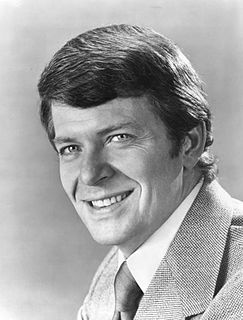A Quote by Alexandra Adornetto
The South is full of memories and ghosts of the past. For me, it is the most inspiring place to write, from William Faulkner's haunted antebellum home to the banks of the Mississippi to the wind that whispers through the cotton fields.
Related Quotes
Blackened skeleton arms of wood by the wayside pointed upward to the convent, as if the ghosts of former travellers, overwhelmed by the snow, haunted the scene of their distress. Icicle-hung caves and cellars built for refuges from sudden storms, were like so many whispers of the perils of the place; never-resting wreaths and mazes of mist wandered about, hunted by a moaning wind; and snow, the besetting danger of the mountain, against which all its defences were taken, drifted sharply down.
I used to work in the cotton fields a lot when I was young. There were a lot of African Americans working out there. A lot of Mexicans - the blacks and the whites and the Mexicans, all out there singing, and it was like an opera in the cotton fields, and I can still hear it in the music that I write and play today.
There was a land of Cavaliers and Cotton Fields called the Old South. Here in this pretty world, Gallantry took its last bow. Here was the last ever to be seen of Knights and their Ladies Fair, of Master and of Slave. Look for it only in books, for it is no more than a dream remembered, a Civilization gone with the wind.
The mutability of the past is the central tenet of Ingsoc. Past events, it is argued, have no objective existance, but survive only in written records and in human memories. The past is whatever the records and the memories agree upon. And since the Party is in full control of all records, and in equally full control of the minds of its members, it follows that the past is whatever the Party chooses to make it.
Words, English words, are full of echoes, of memories, of associations. They have been out and about, on people's lips, in their houses, in the streets, in the fields, for so many centuries. And that is one of the chief difficulties in writing them today -- that they are stored with other meanings, with other memories, and they have contracted so many famous marriages in the past.
A favorite science fiction writer of mine is William Faulkner! It was an idea that came to me once, years ago, and I've never quite been able to shake it. This is facetious, on one level at least. There are telepaths in As I Lay Dying. But I think the most compelling thing for me is there are moments with him where I just feel these are not humans talking to each other. These are some hyper-intelligent, yet-to-be-born organisms. The way they look at the past without having any loss of knowledge ? everything that ever happened is still here.


































